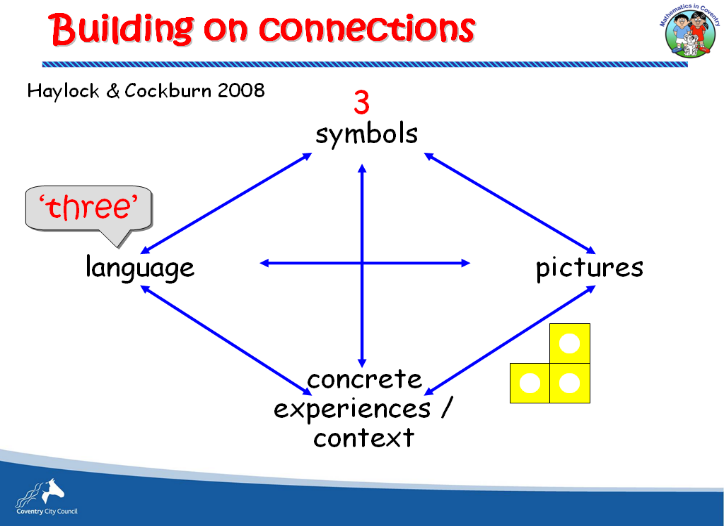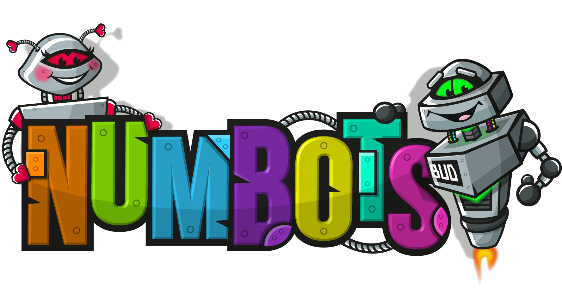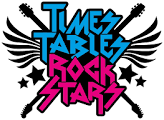Mathematics
Intent
Maths is a skill we use on a daily basis and is an essential part of everyday life. At Saint Thomas More our intention is that we provide a high quality maths curriculum which promotes confidence, enjoyment and inspires curiosity about Maths which will stay with pupils throughout their lives and empower them in future life. We believe that unlocking mathematical fluency is an essential life skill for all learners and is a pre-requisite to being able to reason and solve problems mathematically.

Our intent is to develop a positive culture of deep understanding, confidence and competence in maths that produces strong, secure learning. As a school, we recognise that the key to unlocking the potential in our children is through the development of basic mathematical skills and the understanding of mathematical concepts. By adopting a concrete, pictorial, abstract approach in lessons every child will have access to a wide range of manipulatives, models, diagrams and representations which will support their conceptual understanding and subsequent application to reason and problem solve. Pictorial models of the concrete experience such as models and images are used as a way of recording this understanding. The abstract recording of the concrete and pictorial is then demonstrated and shared. At each stage the vocabulary is used to embed understanding as shown in the Haylock and Cockburn model below.

Pupils who grasp concepts rapidly will be challenged through being offered rich and sophisticated problems before any acceleration through new content. Those who are not sufficiently fluent with earlier material will consolidate their understanding before moving on.
Implementation – how maths is implemented at Saint Thomas More
Our Mathematics Curriculum has been designed to follow the National Curriculum
National Curriculum Aims
The national curriculum for mathematics aims to ensure that all pupils:
- become fluent in the fundamentals of mathematics, including through varied and frequent practice with increasingly complex problems over time, so that pupils develop conceptual understanding and the ability to recall and apply knowledge rapidly and accurately
- reason mathematically by following a line of enquiry, conjecturing relationships and generalisations, and developing an argument, justification or proof using mathematical language
- can solve problems by applying their mathematics to a variety of routine and non-routine problems with increasing sophistication, including breaking down problems into a series of simpler steps and persevering in seeking solutions
(National curriculum in England: Mathematics programmes of study DfE 2014)
Teaching For Mastery
Mathematics is a vital part of everyday life: it teaches children how to make sense of the world around them. At Saint Thomas More Catholic Primary School, we aim to prepare children by providing them with essential Mathematical skills they will need throughout their life.
Mathematics is a core subject where all key mathematical concepts ate taught, these are developed further through a range of theme based cross curricular links, allowing children to use their Maths skills in a wider context. We promote the ability to develop confidence, fluency and competence in number work, geometry, measure, statistics and using and applying of skills.
Early Years Foundation Stage EYFS (Nursery and Reception)
The teaching of Mathematics in the Early Years Foundation Stage is grounded in the Early Years Foundation Curriculum.
The children have the opportunity to talk and communicate in a widening range of situations and to practise and extend their range of vocabulary and mathematical skills.
The children explore, enjoy, learn about and use Mathematics in a range of personalised situations. Mathematics is planned on a weekly basis and assessed using the Development Matters age bands and Early Learning Goals.
From Sept 2022 Reception will be implementing The National Centre for Excellence in the Teaching of Mathematics (NCETM) Number Sense Project to deliver the Number element of the EYFS. In addition, they will be using the revised Power Maths scheme to deliver on other areas of maths. Mathematics will be taught as a discrete subject (20-30 minutes daily) and within the continuous provision both inside and outside to give children opportunities to use their mathematical skills in real life situations.
KS1- Year 1 and 2
In the main children in KS1 are taught mathematics using Power Maths Mastery Scheme for 1 hour daily in their mixed ability year group. In addition counting should be a normal part of a KS1 day eg counting in 10s as the children move from their tables to their carpet spaces.
Year 1 and 2 are also taking part in a Number Sense Project run by NCETM where all children access an additional 20 mins x 3 times a week to embed understanding of number and fluency and recall of facts.
KS2 – Years 3,4,5 and 6
In the main children in KS2 are taught mathematics using Power Maths Mastery Scheme in a mixed ability class or depending on need streamed across the year group. They are taught for 1 hour daily.
Power Maths and Mastery
What is Power Maths?
Power Maths is a resource that has been designed for UK schools based on research and extensive experience of teaching and learning around the world and here in the UK. It has been designed to support and challenge all pupils, and is built on the belief that EVERYONE can learn maths successfully.
How does this support our approach to teaching?
The philosophy behind Power Maths is that being successful in maths is not just about rote-learning procedures and methods, but is instead about problem solving, thinking and discussing. Many people feel they were taught maths in a way that was about memorising formulas and calculation methods, then having to apply them without any real understanding of what or how these methods actually work. Power Maths includes practice questions to help children develop fluent recall and develop their conceptual understanding. Power Maths uses growth mindset characters to prompt, encourage and question children. They spark curiosity, engage reasoning, secure understanding and deepen learning for all.
How will the lessons work?
Each lesson has a progression, with a central flow that draws the main learning into focus. There are different elements, informed by research into best practice in maths teaching, that bring the lessons to life:
• Discover – each lesson begins with a problem to solve, often a real-life example, sometimes a puzzle or a game. These are engaging and fun, and designed to get all children thinking.
• Share – the class shares their ideas and compares different ways to solve the problem, explaining their reasoning with hands-on resources and drawings to make their ideas clear. Children are able to develop their understanding of the concept with input from the teacher.
• Think together – the next part of the lesson is a journey through the concept, digging deeper and deeper so that each child builds on secure foundations while being challenged to apply their understanding in different ways and with increasing independence.
• Practice – now children practice individually or in small groups, rehearsing and developing their skills to build fluency, understanding of the concept and confidence.
• Reflect – finally, children are prompted to reflect on and record their learning from each session and show how they have grasped the concept explored in the lesson.
What if my child needs a confidence boost, or wants to be challenged further?
Power Maths is based on a ‘small-steps’ approach, sometimes called a mastery approach. This means that the concepts are broken down so that your child can master one idea without feeling over-whelmed. There are a range of fluency, reasoning and problem solving questions in each lesson that are designed to support the different needs and confidence levels within a class, while at the same time fostering a spirit of working and learning together. Each lesson includes a challenge question for those children who can delve deeper into a concept.
Homework
- Homework should be set, weekly, according to the Homework Policy. This is in addition to TTRS. Homework not set online can be marked by pupils, but the teacher will ensure quality control of marking and record feedback, e.g. completion and scores.

NUMBOTS
All children in Nursery up to and including Year 2 will be given a Numbots log in.

Times Table Rock Stars
All children from Year2 upwards will be given a TTRS login.

